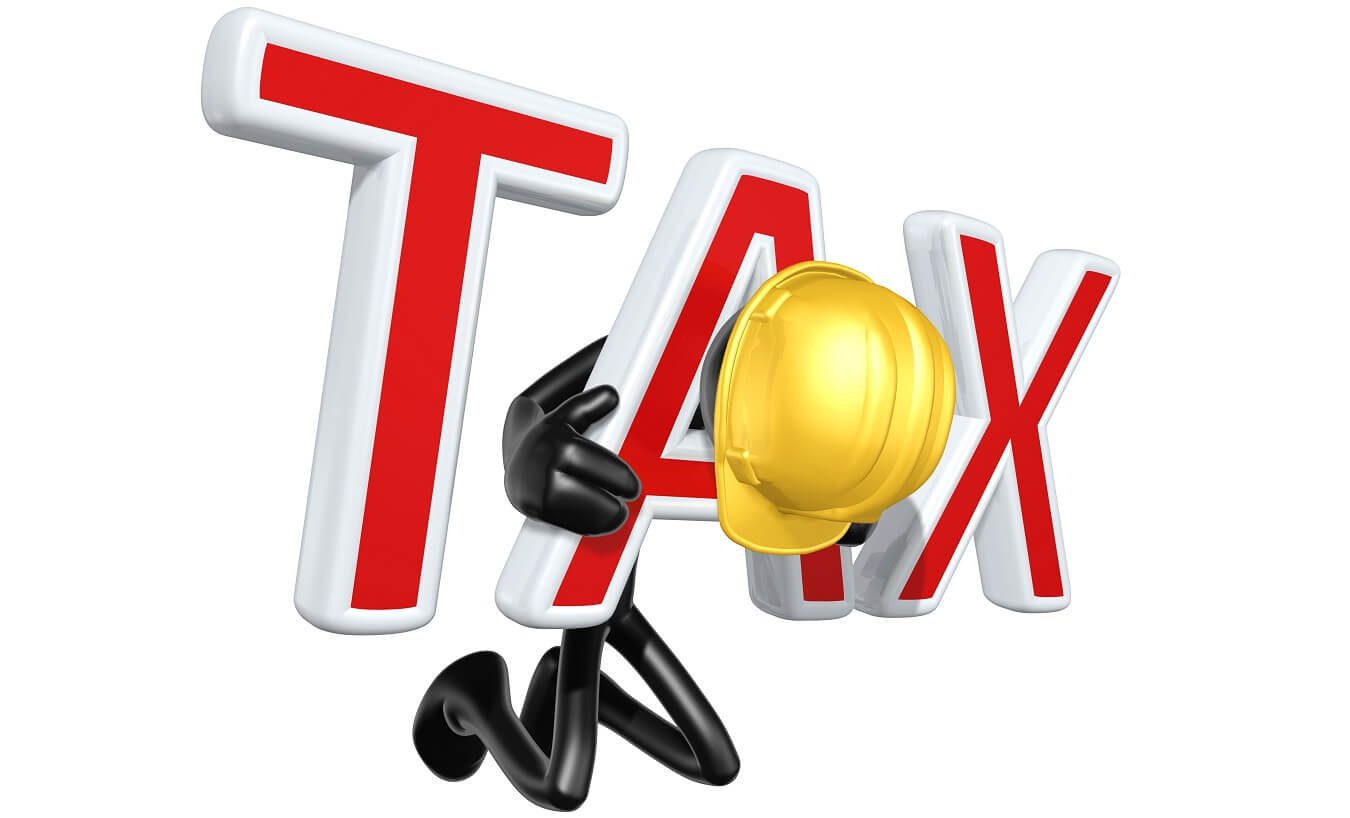How is contractor taxation determined?
The Income Tax Ordinance distinguishes between contractors and other registrants. This need arose from the desire to address several significant issues and problems. Unlike other branches of commerce, the duration of a sale transaction often extends over more than one tax year.

Consequently, there are significant implications for timing the recognition of income and expenses, including "management and general" expenses and "interest expenses," which need to be allocated according to the progress of various projects. Since Section 6 of the Income Tax Ordinance specifies that the tax year is a calendar year, if specific provisions were not established, the contractor would only report transactions upon completion of the service or delivery of the product. Additionally, the contracting industry has separate and specific accounting standards (Standards 2 and 4, IAS 11).
Nevertheless, the legislator established specific provisions regarding the taxation of contractors, and it is possible to further elaborate on them under the "Contractor Information" section, covering both executing contractors and building contractors.

Need advice? Get in touch, and we'll be happy to assist you. Shtainmetz Aminoach & Co. specializes in providing consulting services regarding contractor taxation.
